Scottish farmers and stakeholders sceptical over new plans for National Parks
A recent summit hosted by NFU Scotland is questioning the evidence on the benefits of national parks, with worries that they may negatively impact local farmers and communities.

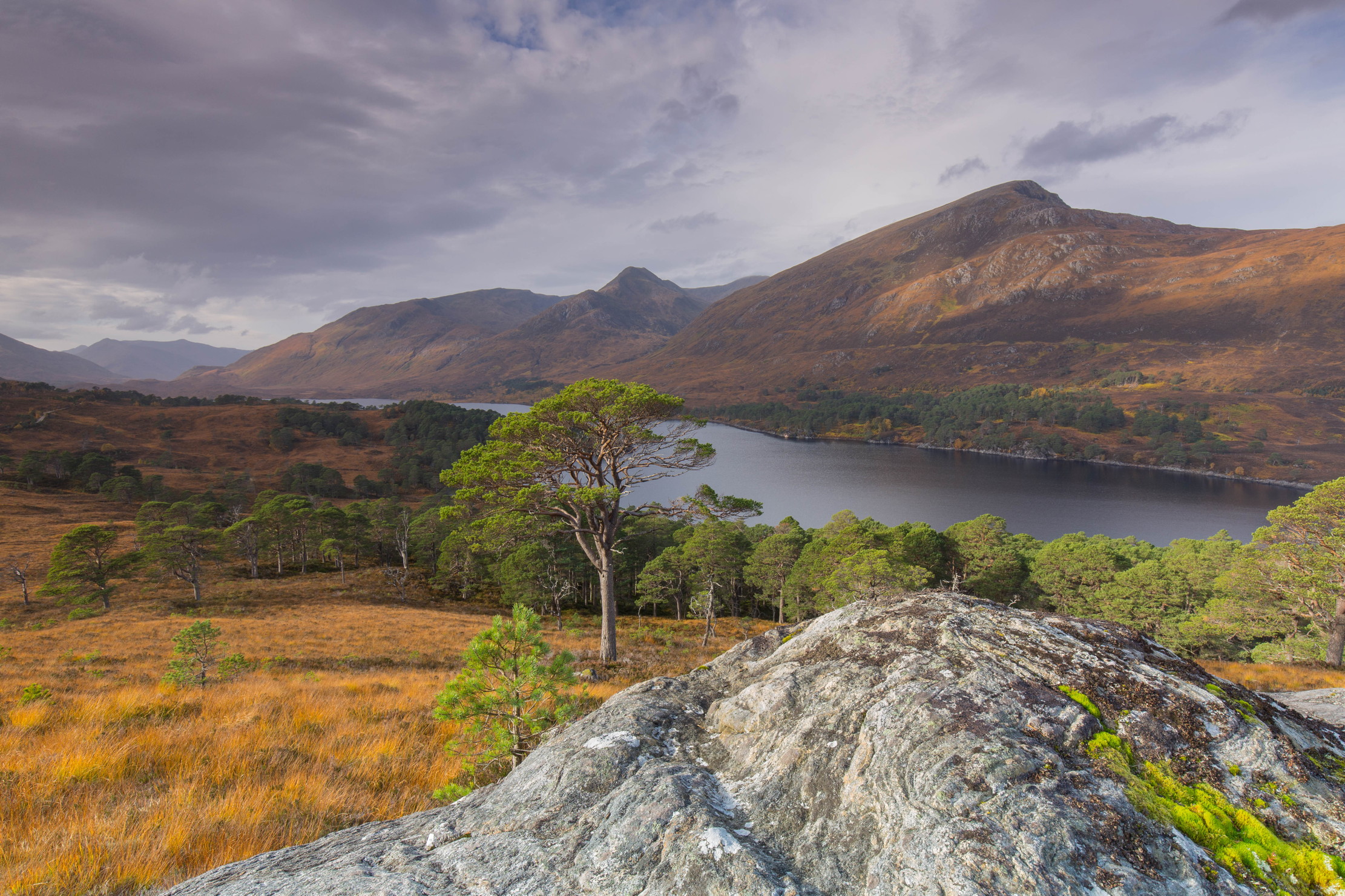
Exquisite houses, the beauty of Nature, and how to get the most from your life, straight to your inbox.
You are now subscribed
Your newsletter sign-up was successful
Last month, opposition to the proposed creation of new national parks in Scotland brought some 110 farmers, crofters and other stakeholders to the Isle of Skye for a summit chaired by Alasdair Macnab, vice-president of NFU Scotland. The organisation is calling for independent evidence on the value that existing parks bring to the agricultural and local communities and asking more specifically why the ‘outcomes’ of a new national park cannot be achieved by extant funding organisations, such as VisitScotland.
Contenders for a new designation include Ben Nevis/Glen Coe/Black Mount, the Cheviots and Border Hills, Galloway, Glen Affric, Wester Ross and the Isle of Harris. Based on the experience of farmers and crofters living or working in the Cairngorms and Loch Lomond & The Trossachs National Parks, all those who attended the meeting are opposed to a new national park and a recent consultation with NFU Scotland members showed that the existence of current parks was felt to make no positive contribution to farming and crofting. Many feel that new parks will actually stifle growth and access, increase bureaucracy, reduce housing availability and ‘prioritise tourism and visitor access over local farming businesses to the detriment of the rural economy and the natural environment,’ says communications director Bob Carruth.
‘Farming and food production… are the key drivers of the local community and landscape management that draws in other opportunities. This must be a major consideration,’ explains Mr Macnab. ‘Feedback from members in existing national parks is that there has not been enough focus on local views and, where community involvement was present, it was tokenistic. That must not happen this time around.’
He continues: ‘In the concerning absence of any detail on how new national parks are to be funded in the face of the current national fiscal pressures, and the potential that another layer of complexity and bureaucracy will be laid on farmers and crofters, we believe the means to achieve the same outcomes are already in place and the benefits should be shared across the whole country.’
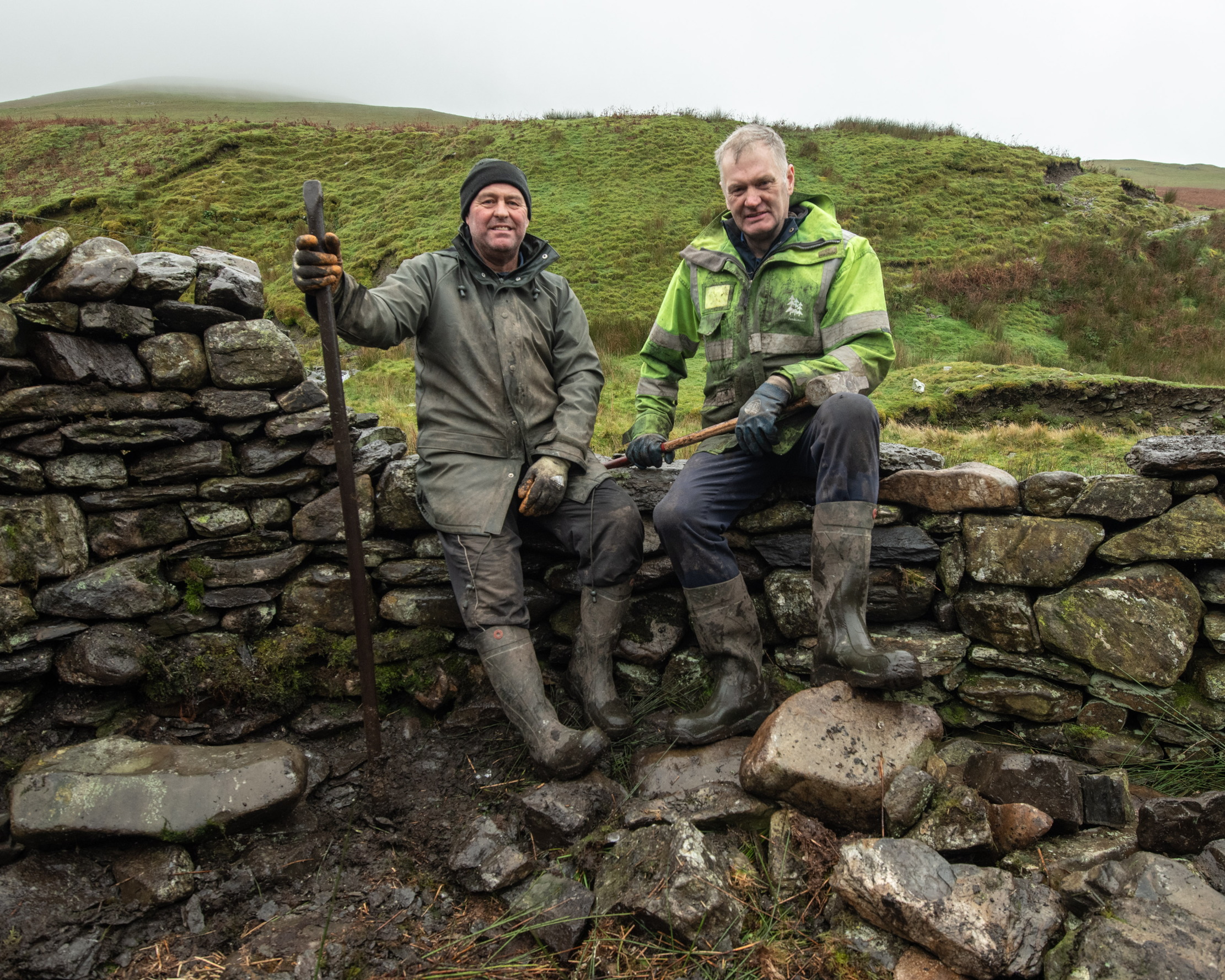
Meet the dry-stone wallers who restored a 300-year-old sheep pen in Cumbria
Craftsmen Steven Allen and Trevor Stamper hope restored this historic sheepfold as part of a wider campaign to help support
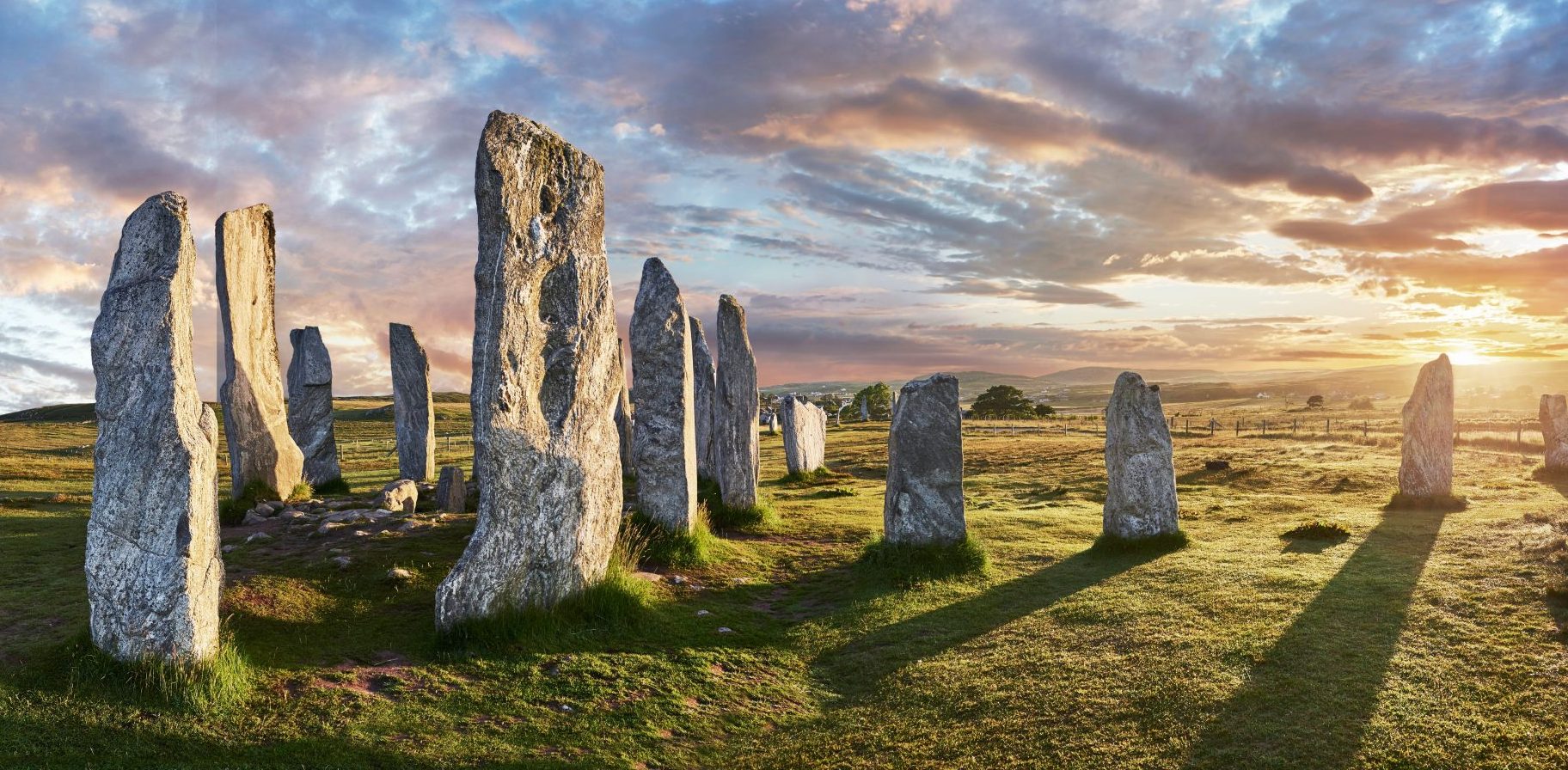
Stonehenge, Avebury and the stone circles of Britain, with Professor Vicki Cummings
One of Britain's top experts on stone circles, Professor Vicki Cummings, joins the Country Life podcast.
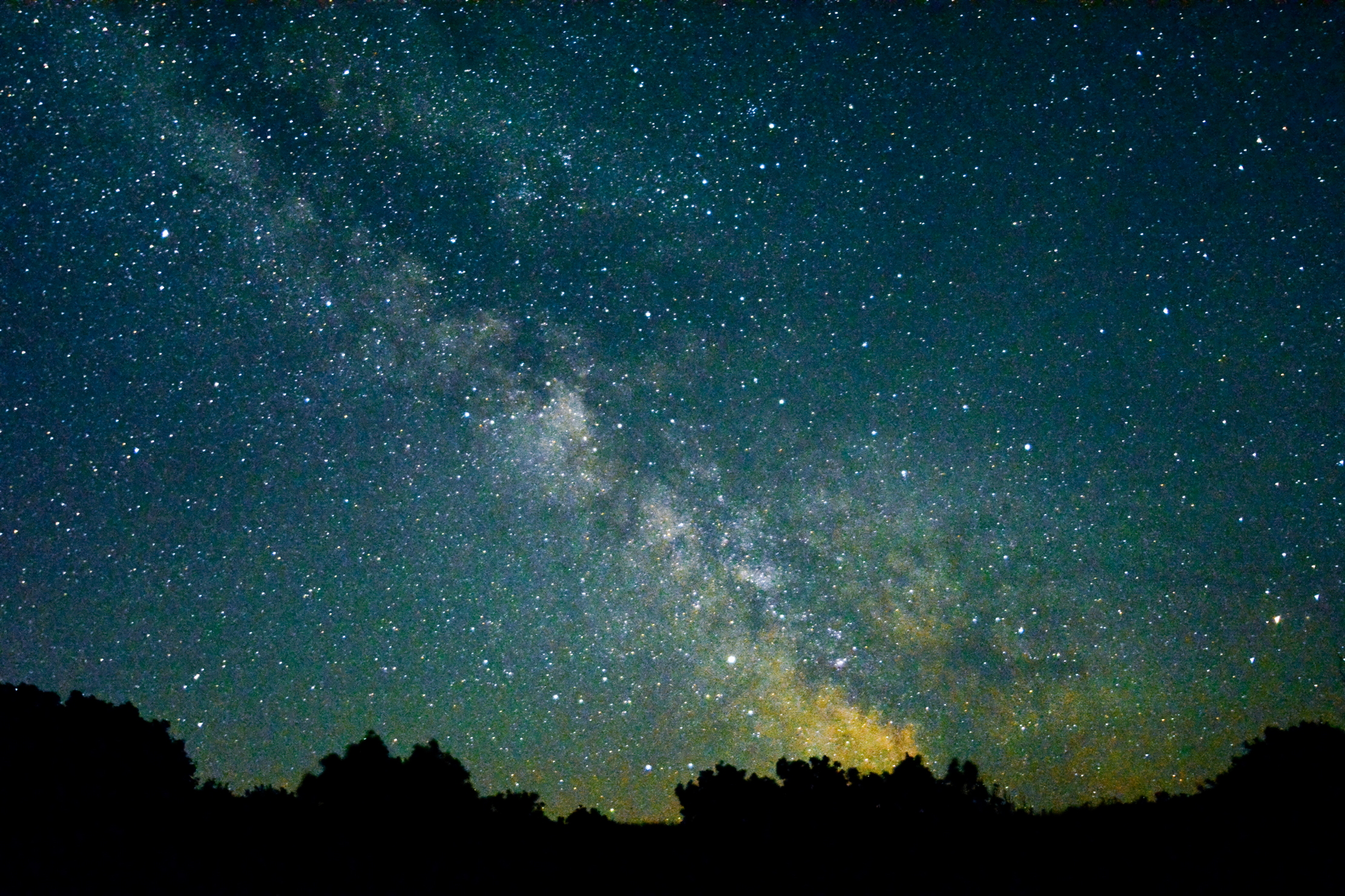
'Disconnected from our heritage' — conservation charity warns that more must be done to tackle light pollution
According to CPRE, The Countryside Charity, most of us can't see the stars correctly, and is calling on government to
Exquisite houses, the beauty of Nature, and how to get the most from your life, straight to your inbox.
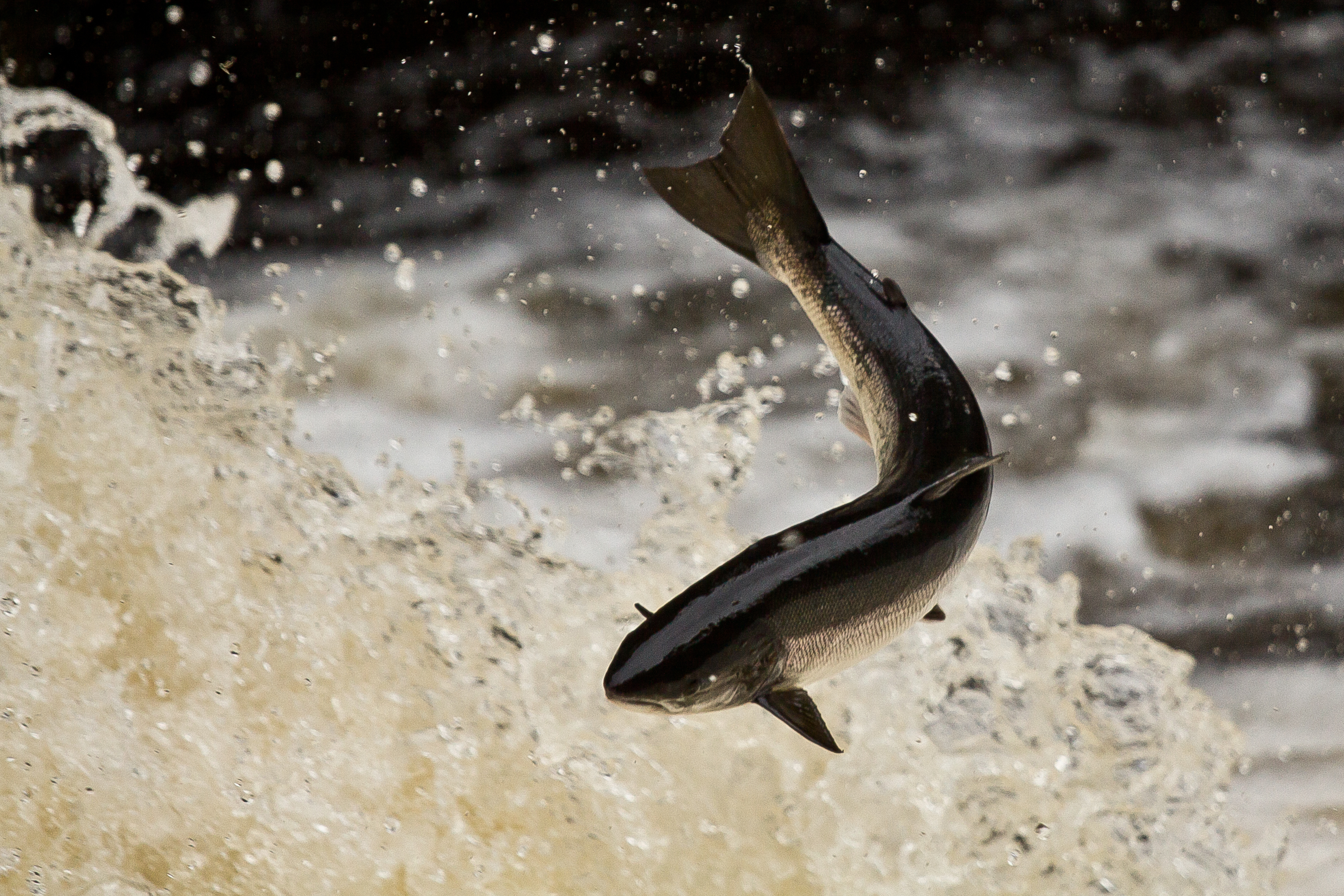
Credit: Catherine Clarke/Getty
Organic farmed salmon is a 'misnomer' and certification should stop, claim fish conservation charities
In an open letter to the Soil Association, WildFish and more than 30 other organisations have questioned the organic certification
Annunciata is director of contemporary art gallery TIN MAN ART and an award-winning journalist specialising in art, culture and property. Previously, she was Country Life’s News & Property Editor. Before that, she worked at The Sunday Times Travel Magazine, researched for a historical biographer and co-founded a literary, art and music festival in Oxfordshire. Lancashire-born, she lives in Hampshire with a husband, two daughters and a mischievous pug.
